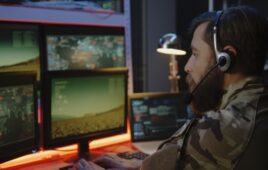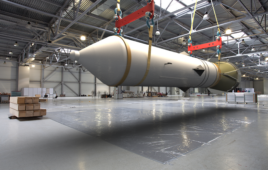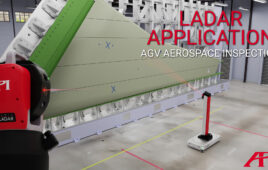The command responsible for U.S. military space operations lacks enough data to determine who interfered with two U.S. government satellites, anomalies behind perhaps the most explosive charge in a report on China sent to Congress on Wednesday.
“What I have seen is inconclusive,” General Robert Kehler, commander of the U.S. Strategic Command, said in a teleconference from Omaha, Nebraska, home to the military outfit that conducts U.S. space and cyberspace operations.
The congressionally created U.S.-China Economic Security and Review Commission said in its 2011 annual report that at least two U.S. environment-monitoring satellites were interfered with four or more times in 2007 and 2008 via a ground station in Norway.
China’s military is a prime suspect, the bipartisan, 12-member commission made clear, though it added that the events in question had not actually been traced to China.
The techniques “appear consistent with authoritative Chinese military writings” that have advocated disabling a foe’s satellite control facilities on the ground in a conflict, the commission said.
Kehler spoke to reporters during a conference hosted by his command on cyber and space issues. He was asked by Reuters whether he could assign blame for the possible efforts to take control of the Landsat-7 and Terra AM-1 satellites, as reported by the commission.
“First of all, I am familiar with the two incidents,” he replied. “The best information that I have is that we cannot attribute those two occurrences.”
“I guess I would agree that we don’t have sufficient detail,” Kehler added.
The commission in its report said an attacker could use access to a satellite’s controls to damage or destroy spacecraft with more sensitive functions, such as military communications or intelligence-gathering.
It accused Beijing of responsibility for mounting malicious cyber activities, including to facilitate industrial espionage and to compromise U.S. and foreign government computer systems.
China’s embassy in Washington said in response that it was “obvious that the commission is entrusted with the mission of vilifying China’s image and spreading China threat theory by patching up unwarranted allegations against China.”
“We urge the commission to stop issuing such reports for the good of increasing mutual trust between our two countries while China will continue to play a responsible role in both the realistic and the virtual worlds,” Wang Baodong, the embassy spokesman, said by email.
(Reporting by Jim Wolf in Washington, editing by Matthew Lewis, Bernard Orr)
Filed Under: Aerospace + defense




